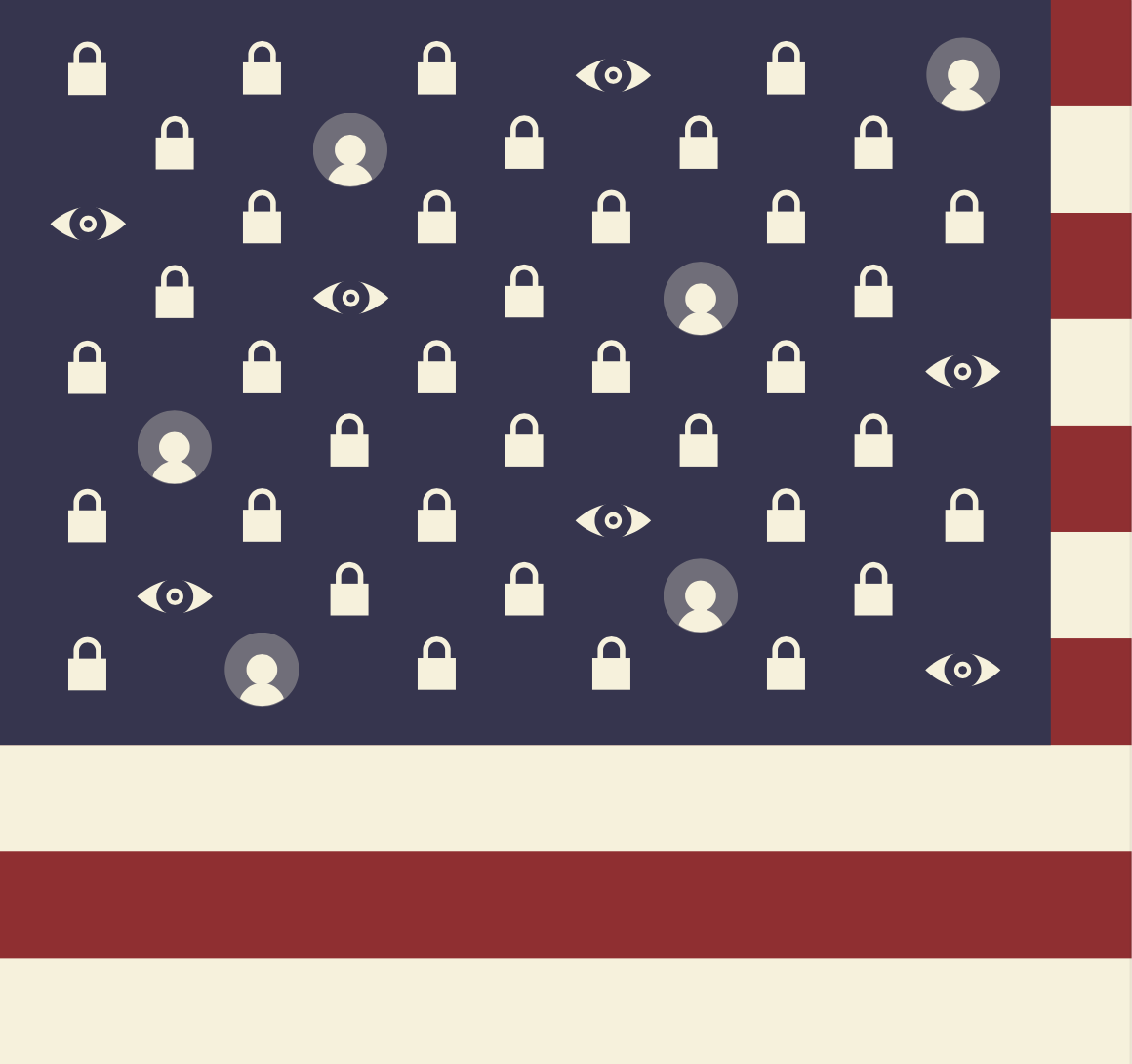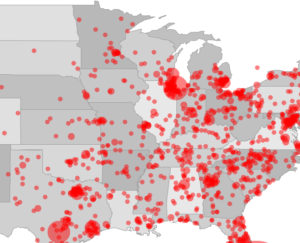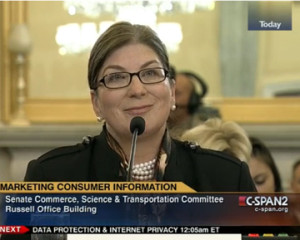Public Comments: August 2009 – WPF files comments on government use of web tracking technologies
The World Privacy Forum filed comments with the Office of Management and Budget regarding its proposal to begin to allow the use of tracking cookies on government web sites. The proposal was published in the Federal Register, and outlined a three-tiered plan for how web tracking technologies might be used. The Forum’s comments focused on methods of opt-out, data retention, secondary use, user authentication, new tracking technologies such as Flash cookies, and the need for new opt-out mechanisms. The Forum also urged the federal government to not allow third party tracking of consumers’ use of government web sites, and to guard against any discrimination against consumers who do not want to be tracked.





